NDIS Early Childhood Intervention
Help your child thrive from the beginning
There to give children the best start in life, Early Childhood Intervention (ECI) provides essential support, services & resources to children under 7 with developmental delays or disabilities.
We work alongside you
Supporting your child’s growth at every stage
What is Early Childhood Intervention?
Early Childhood Intervention (ECI) provides essential support to children with developmental delays or disabilities and their families. It aims to give children the best start in life through various services and resources, focusing on:
- Enhancing child development
- Supporting family and child wellbeing
- Promoting community involvement
Key Benefits:
- Improved learning and development
- Better participation in school, friendships, and recreational activities
- Reduced future challenges
Children learn best from adults they are close to and in everyday situations. Practitioners work with families to enhance these learning opportunities at home, in school, and within the community.
Early Childhood Intervention Supports For Children Under 7
Under the National Disability Insurance Scheme (NDIS), early intervention helps children under seven with disabilities or developmental delays. Here’s how we support your child and family:
- Personalised Support: We work with your child and family at home, in early education settings, or within the community.
- Family-Centered Approach: Our approach is strength-based and focuses on what your child can do. We work closely with families to create a supportive environment.
- Improving Quality of Life: Our goal is to enhance your child’s overall well-being.
- Proven Methods: We use evidence-based treatment plans focusing on:
- Independence
- Play and social skills
- School readiness
- Communication skills
Eligibility
ECI is based on meeting the criteria for children younger than 6 with developmental delay or children younger than 9 with a diagnosed disability.
For more information, please refer to: The early childhood approach for children younger than 9
Your child’s eligibility is based on:
- Observations and assessments
- Professional input regarding developmental concerns
If your child shows developmental concerns or delays, early supports can make a significant difference in their development and future success.
What to Expect
Understanding Needs: Your early childhood partner will assess your child’s strengths and needs to determine the appropriate supports and duration.
Collaborative Approach: They will work with you, mainstream services, and community resources to ensure your child is included and participates in everyday activities. For example, they might collaborate with childcare staff to support your child.
Goal Setting: The supports are goal-focused, typically lasting 3 to 6 months, up to 12 months if needed. Together, you will decide:
- Locations for support
- Goals for your child
- Support strategies
- Providers involved
- Duration of supports
- Next steps after early supports
Documentation: All discussions, goals, and plans will be documented and updated as needed. You will receive a copy to share with others involved in your child’s care.
Where do we service?
We provide services to the South West NSW Region including: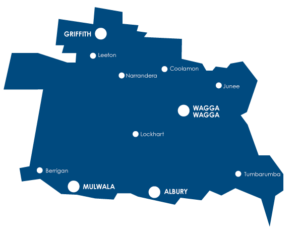
- Albury
- Berrigan
- Coolamon
- Griffith
- Junee
- Leeton
- Lockhart
- Mulwala
- Narrandera
- Tumbarumba
- Wagga Wagga
Early Childhood
Ages, Stages & Milestones
Importance of Early Years
- The most rapid brain and body development occurs from birth to age five.
- Early encouragement helps with future school participation, friendships, and recreational activities.
Why Early Support Matters
- Early support for children with disabilities or developmental delays minimises long-term effects.
- It gives children the best chance to fulfill their potential.
Development Explained
- Development includes physical growth and the ability to learn social, emotional, behavioral, thinking, and communication skills.
- These areas are interconnected and influence each other.
Key Developmental Domains
- Cognitive: Thinking, learning, and problem-solving skills.
- Social and Emotional: Interacting with others and managing emotions.
- Speech and Language: Understanding and using language.
- Fine Motor Skills: Small movements like grasping objects.
- Gross Motor Skills: Large movements like crawling and walking.
Developmental Milestones
- Milestones are general achievements most children reach by a certain age.
- Use these as a guide to check your child's progress, but remember each child develops at their own pace.
Observing Your Child
- Pay attention to how your child plays, learns, speaks, acts and moves.
- These behaviors provide important clues about their development.
View all
NDIS Services We Offer
Latest News From Centacare
What’s been happening?

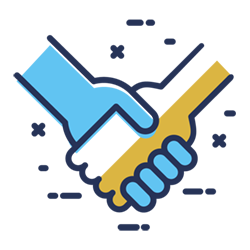
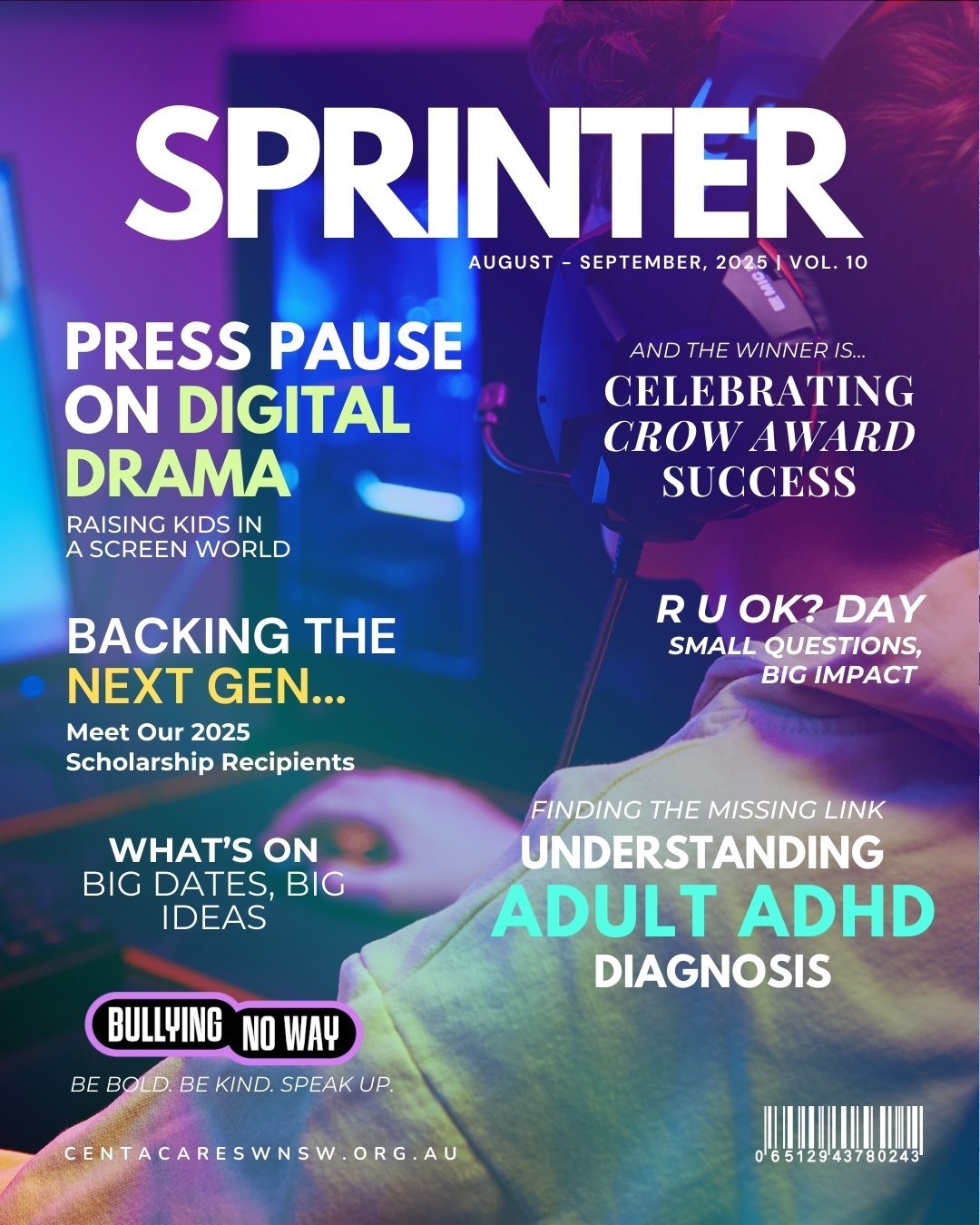
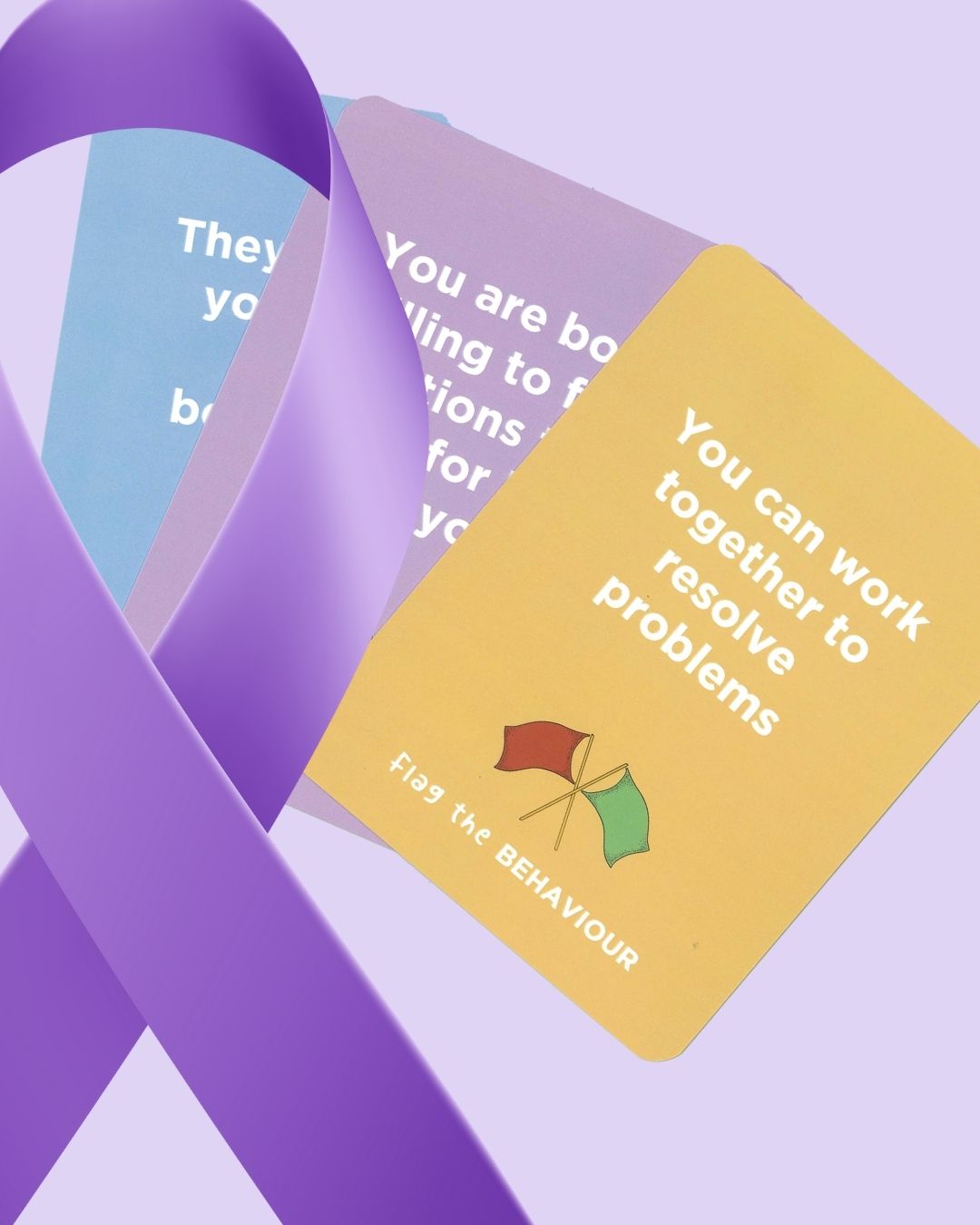
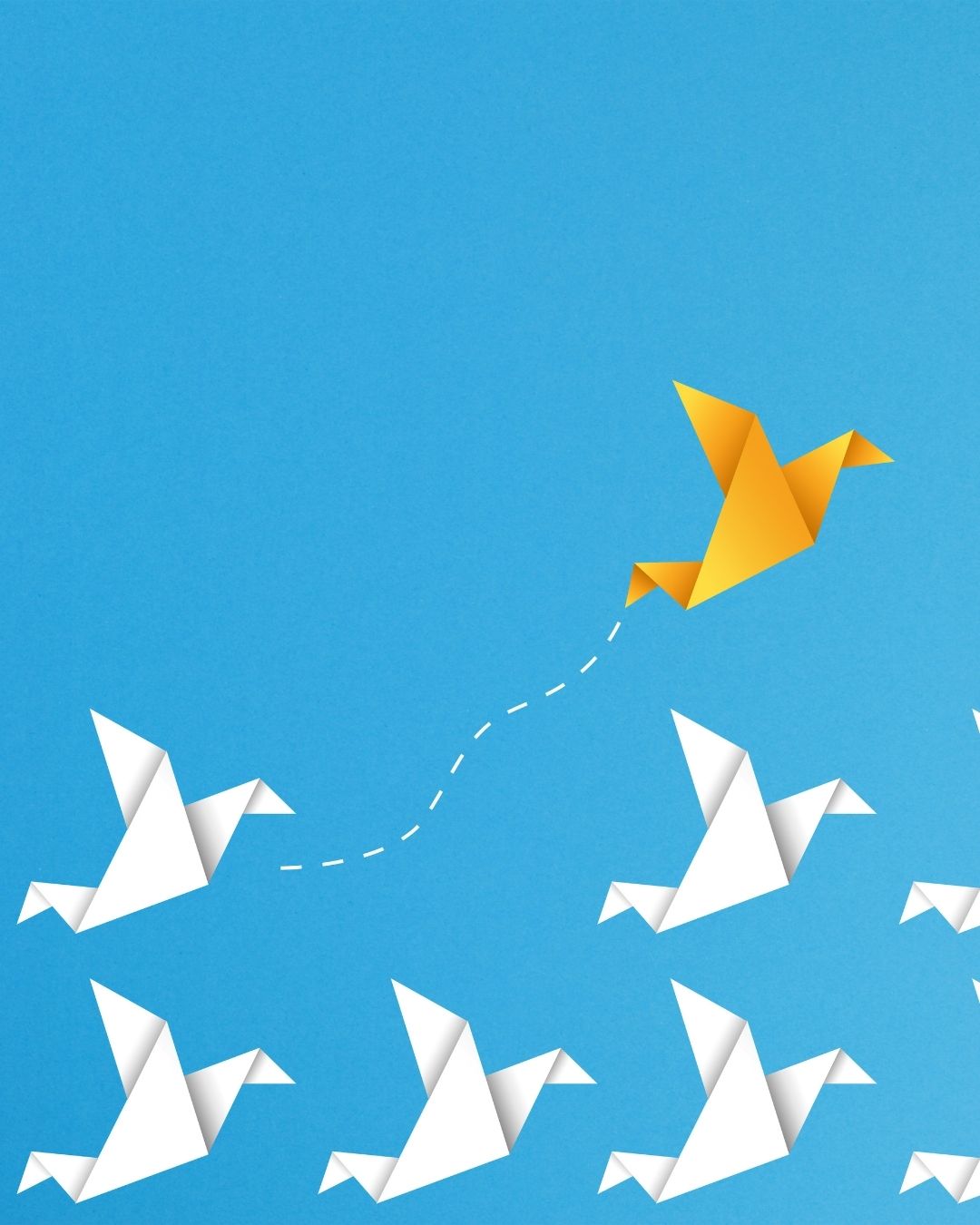

 Multicultural Family & Domestic Violence Support
Multicultural Family & Domestic Violence Support
